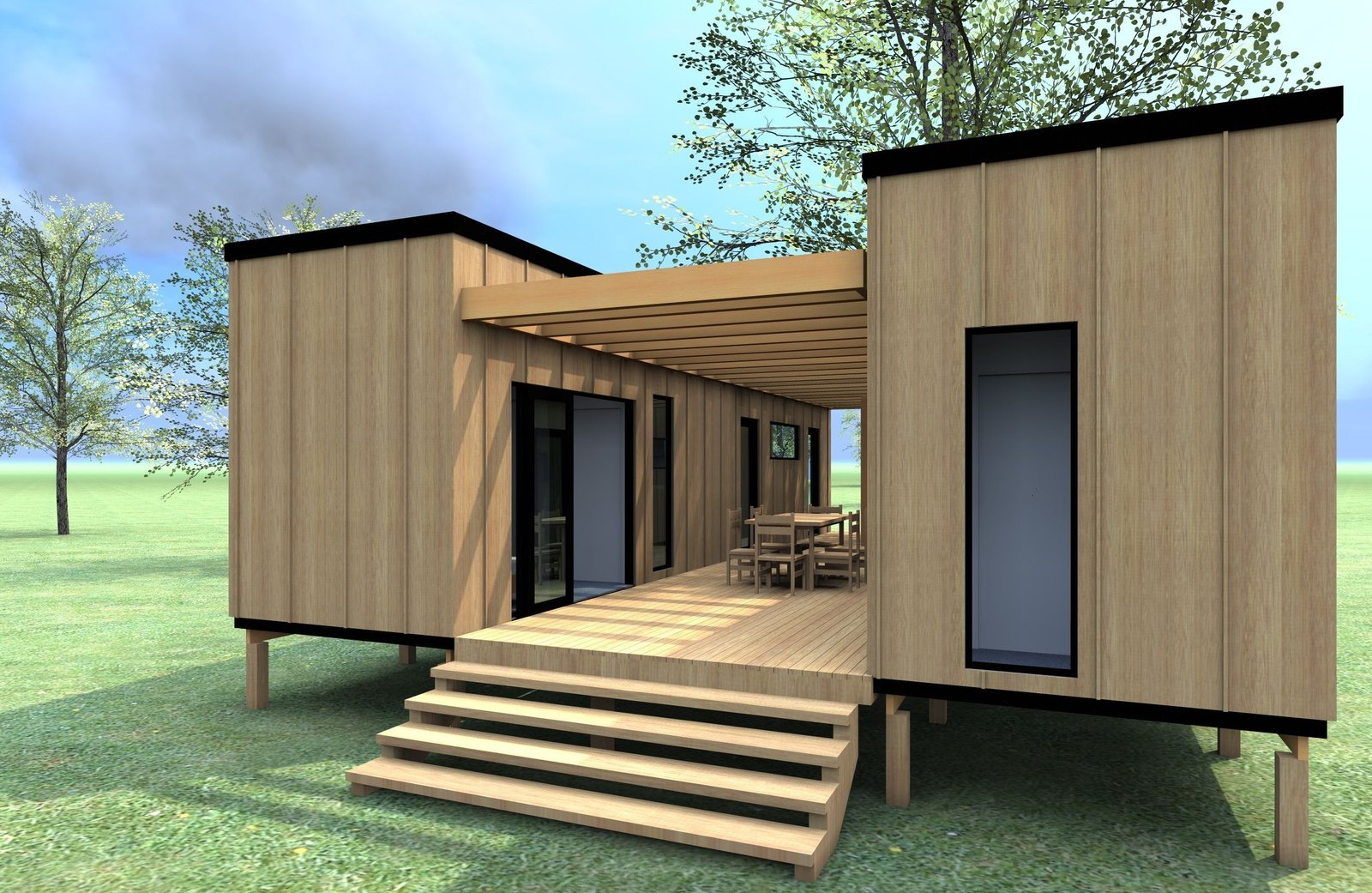Relocatable homes provide owners with an incredible benefit: they are not restricted to a single location. They enable owners to take advantage of opportunities available in various states.
When you think that relocatable homes Hamilton are similar to transportable homes, which are essentially made using modular construction technology. The relocatable homes, on the other hand, are generally older homes that are being moved or relocated from their original location to a different location.
Consider the layout
If you’re thinking about relocatable houses Hamilton, there are a number of factors that need to be considered. The first is the layout of your property. Is it possible for people to move around easily?
Will there be enough space? will there be enough storage for all your possessions? These are just some of the questions that need to be answered before making an offer on a property.
The layout of your home can make or break its resale value. A layout that’s right for you could mean higher profit margins, but it also means more work for you and your family in the future.
- Check the number of bedrooms and bathrooms: If there are too many rooms that aren’t used at all, then those spaces might not be worth as much as other areas of your home (like the kitchen).
- Check the kitchen and dining area: If you have a big family with multiple kids who need their own space to cook food or eat meals together as a family, then this is probably one of the most important rooms in your house because it could help increase its value over time by attracting buyers who want something practical but also beautiful!
Look at the finishes and fittings
As you look at the finishes and fittings, pay attention to any damage. If there are cracks in walls or floors, it could indicate that water has been leaking into the structure and causing damage over time. Also check for mould growth on ceilings and walls. This can be a sign of a leaky roof or plumbing problems that have been left unattended for too long.

Check for structural damage and mould
It’s important to check for structural damage and mould. If you find them, ask the vendor about it. If there is no structural damage or mould in the home, but you notice something unusual (e.g., missing cabinets), ask the vendor if they have any information on what happened with these items and when they will be replaced (or even just offer an estimate).
Check for drafts
Check for drafts in the living area, bedroom and bathroom. You can do this by opening windows and doors to see if there are any draughts coming from outside or from another room. If you have a fan in your home, be sure to check if it is working properly before you leave for the night. The same goes for all appliances that need electricity or gas (such as fans).
Ask about the electrical, plumbing and heating systems
Asking about the electrical, plumbing and heating systems is a great way to get an idea of how your potential homes will be set up. You should also check for any damage or defects in these areas.
You should also ask about the age of the system, if it has been maintained recently, and how long this company has been in business. If you find out that they’ve only been around for a short time then there is no guarantee that they know what they are doing with your property!
Conclusion
We hope this guide has given you some useful tips on how to evaluate your relocatable house, so that you can get the best deal possible. Remember, no matter what kind of property you’re buying or selling, it’s always important to do your research before making any decisions about it.





